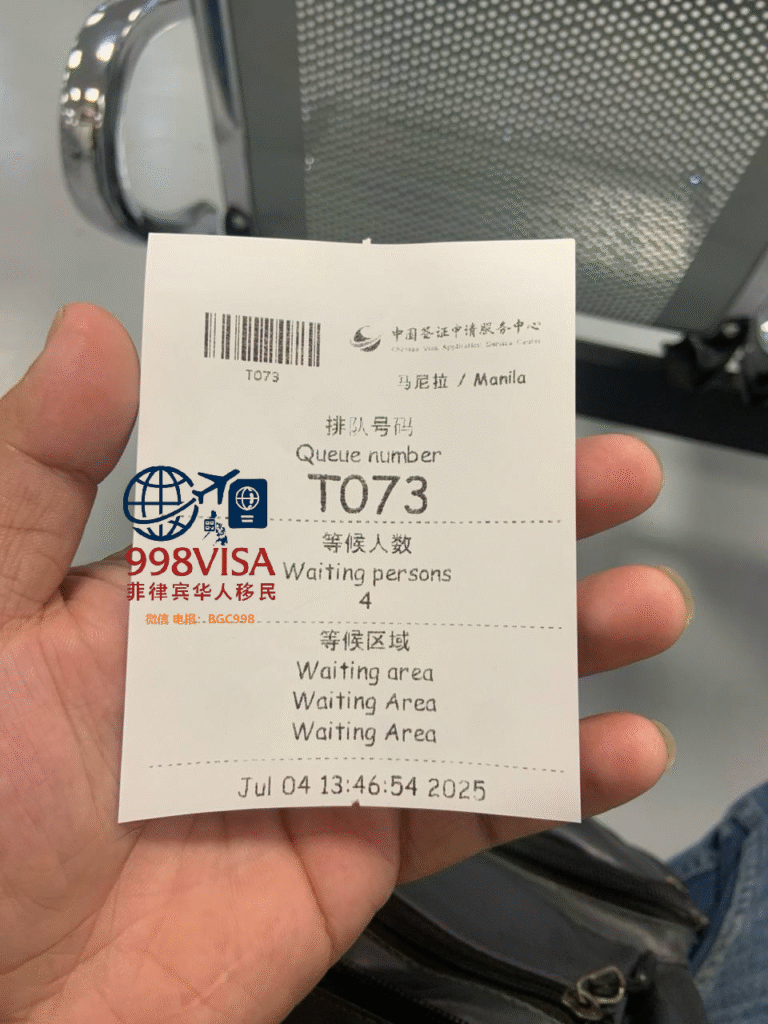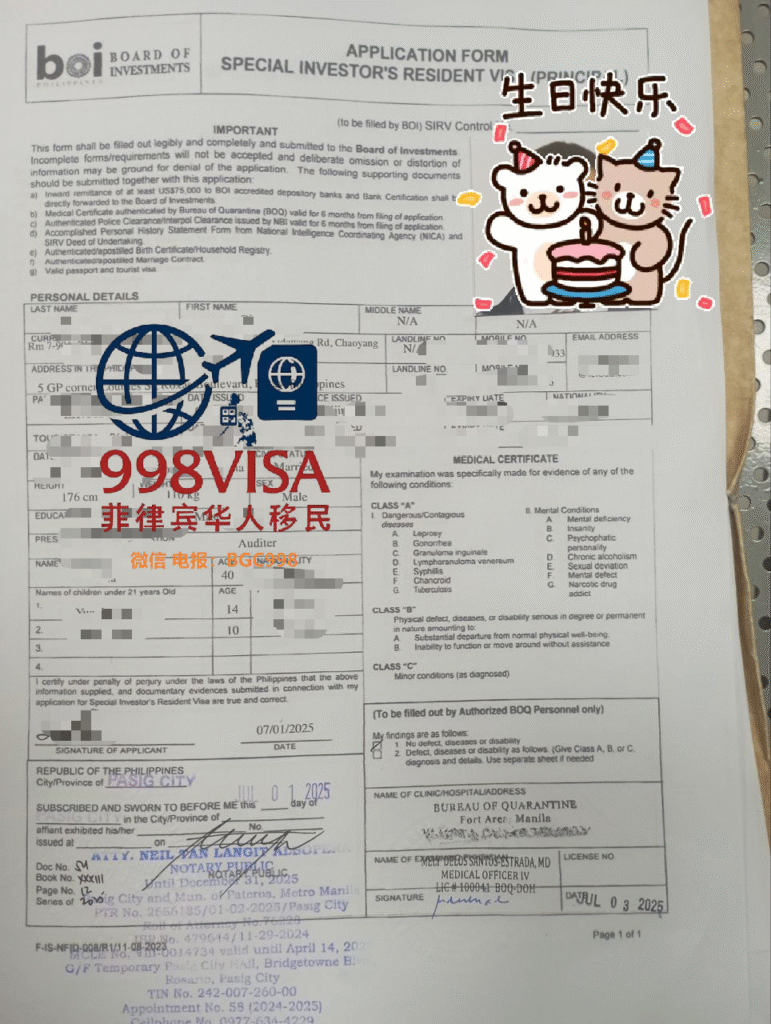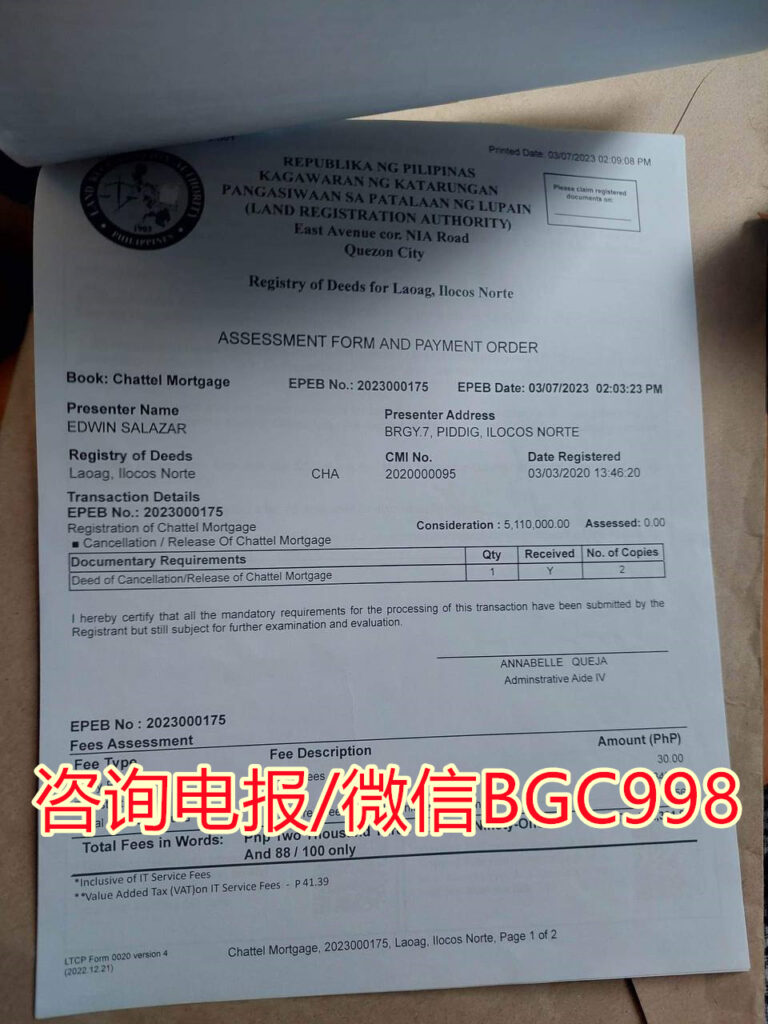Can a Philippines marriage visa (13A) holder work in government or sensitive professions?
A Philippines marriage visa (13A) grants permanent residency and the right to work or run a business, but it does not grant all privileges of Filipino citizenship. Holders of the 13A visa cannot work in government positions, the military, or professions that are constitutionally restricted to Filipino citizens, such as law practice, media ownership, or certain engineering fields. However, they are free to engage in private sector employment, consultancy, teaching, medical work (with appropriate licenses), or business ownership, as long as they comply with Philippine labor and licensing laws. This limitation ensures that sensitive roles tied to national sovereignty remain reserved for citizens. Many foreign spouses use the flexibility of the 13A visa to start businesses, engage in freelance services, or contribute their skills in industries open to foreigners. Thus, while not all professional doors are open, the visa still provides broad opportunities for economic participation and stability within the Philippines.

What documents are required for a Philippines marriage visa (13A) application?
Applicants for a Philippines marriage visa (13A) must prepare a comprehensive set of documents to satisfy immigration requirements. These typically include a valid marriage certificate (issued by the Philippine Statistics Authority or authenticated if married abroad), a joint affidavit of support from the couple, proof of financial capacity such as bank statements or employment certificates, and a notarized letter petition signed by the Filipino spouse. In addition, the foreign spouse must provide a valid passport, proof of legal stay in the Philippines at the time of application, and medical clearance. Photographs, birth certificates, and proof of residence may also be requested. The Bureau of Immigration requires these documents to verify the legitimacy of the marriage and the applicant’s intent to reside permanently in the Philippines. Organizing the paperwork carefully and ensuring all documents are properly authenticated helps prevent delays. Many applicants choose professional assistance to ensure smooth processing and avoid costly mistakes.
Does the Philippines marriage visa (13A) allow multiple re-entries into the country?
Yes, one of the major advantages of the Philippines marriage visa (13A) is the ability to freely leave and re-enter the Philippines without needing additional re-entry permits, unlike many temporary visas. Once the visa is approved and the Alien Certificate of Registration (ACR I-Card) is issued, the foreign spouse is recognized as a permanent resident and enjoys near-unrestricted mobility. However, the foreign spouse must ensure that the ACR I-Card and other immigration documents remain valid at all times. While multiple re-entries are permitted, long absences from the Philippines may raise concerns about abandonment of residency, especially if the couple appears to be living abroad permanently. Therefore, occasional international travel is fine, but continuous residence in the Philippines is expected. This flexibility makes the 13A ideal for couples who travel frequently for business or family purposes while still keeping their permanent base in the Philippines.

Can dependent children be included in a Philippines marriage visa (13A) application?
Yes, minor dependent children of the foreign spouse can be included under derivative visas when applying for the Philippines marriage visa (13A). This means that if a foreign national marries a Filipino citizen and already has children, whether from a previous marriage or within the current union, those children may also obtain residency rights as dependents. The requirements include submission of birth certificates, proof of parental authority, and in some cases, custody documents if the child was born from a prior relationship. These dependent visas generally last as long as the primary 13A visa remains valid. Children included under this arrangement can study in the Philippines, access healthcare, and enjoy the stability of legal residency. However, once they reach legal adulthood, they may need to apply for independent visa status. This provision ensures that families can remain together under the same residency framework when moving to the Philippines.
What is the difference between a probationary and permanent Philippines marriage visa (13A)?
When first granted, the Philippines marriage visa (13A) is typically issued on a probationary basis for one year. During this time, the Bureau of Immigration monitors whether the marriage is genuine, whether the couple is living together, and whether the foreign spouse is complying with immigration rules. At the end of this one-year period, the couple can apply to convert the visa into a permanent 13A visa, provided all conditions have been met. Once permanent residency is granted, the foreign spouse is no longer subject to annual visa renewals, though they must still comply with the yearly immigration reporting requirement. The probationary stage acts as a safeguard against fraudulent marriages entered solely for immigration benefits. For genuine couples, the transition to permanent status is usually straightforward, offering long-term security and freedom to live, work, and invest in the Philippines without the constant worry of visa expiration.
How does divorce affect a Philippines marriage visa (13A)?
The Philippines does not recognize divorce for Filipino citizens, but it does acknowledge annulments and legal separations. If a foreign spouse holding a Philippines marriage visa (13A) obtains a divorce abroad, the effect on the visa depends on whether Philippine law recognizes that divorce. If the Filipino spouse initiates or recognizes the divorce, the foreigner’s 13A visa may be canceled, as the basis for residency—marriage to a Filipino citizen—no longer exists. Similarly, annulment or legal separation in the Philippines can lead to visa revocation. In practice, once the marital tie is dissolved, the foreign spouse must either leave the Philippines or apply for another type of visa to remain legally. However, if the couple has Filipino children, some exceptions or humanitarian considerations may apply. This situation can become legally complex, making professional legal guidance essential. Ultimately, the validity of the 13A visa is directly tied to the continuation of the marriage.
Can a Philippines marriage visa (13A) holder apply for permanent residency immediately, or must they first obtain probationary status?
In most cases, the Philippines marriage visa (13A) is issued first as a probationary visa for one year before being converted into permanent residency. However, some applicants may be granted direct permanent residency under certain circumstances, such as long-established marriages or applications filed from abroad with sufficient supporting evidence. The Bureau of Immigration reviews each case individually, considering factors such as the couple’s marriage duration, family background, and financial stability. While most applicants follow the probationary route, immediate permanent residency is possible but less common. This two-step system exists primarily to protect against fraudulent marriages and to give authorities time to confirm the legitimacy of the relationship. For genuine couples who comply with requirements, the probationary stage is simply a procedural step toward permanent residency, offering peace of mind and long-term stability once completed. ★
针对以上话题您是否想了解更多?欢迎联系我们咨询
English/Tagalog Inquiries :
WeChat : dpylanayon
Telegram : @Diadem_Pearl
EMAIL: dplanayon.royalewonders@gmail.com
VIBER:+ 63 939 526 6731 / +63 9176523432
WhatsApp / PHONE:+639176523432
中文咨询
微 信:BGC998 电报@ BGC998 或 微信:VBW333 电报@VBW777
马尼拉998VISA是马尼拉MAKATI 实体注册公司,在马尼拉已经有超过19年服务经验,客户隐私安全保护服务可靠,业务提交可以安排工作人员上门取件或前往我们办公室提交。马尼拉政策时常变化,且信息发布有时间差,有需要相关业务最新资讯欢迎联系我们。
欢迎关注我们的电报TELEGRAM频道
998官方资讯频道 @FLBYM998
日常案例分享频道 @FLBYM998CASE





































